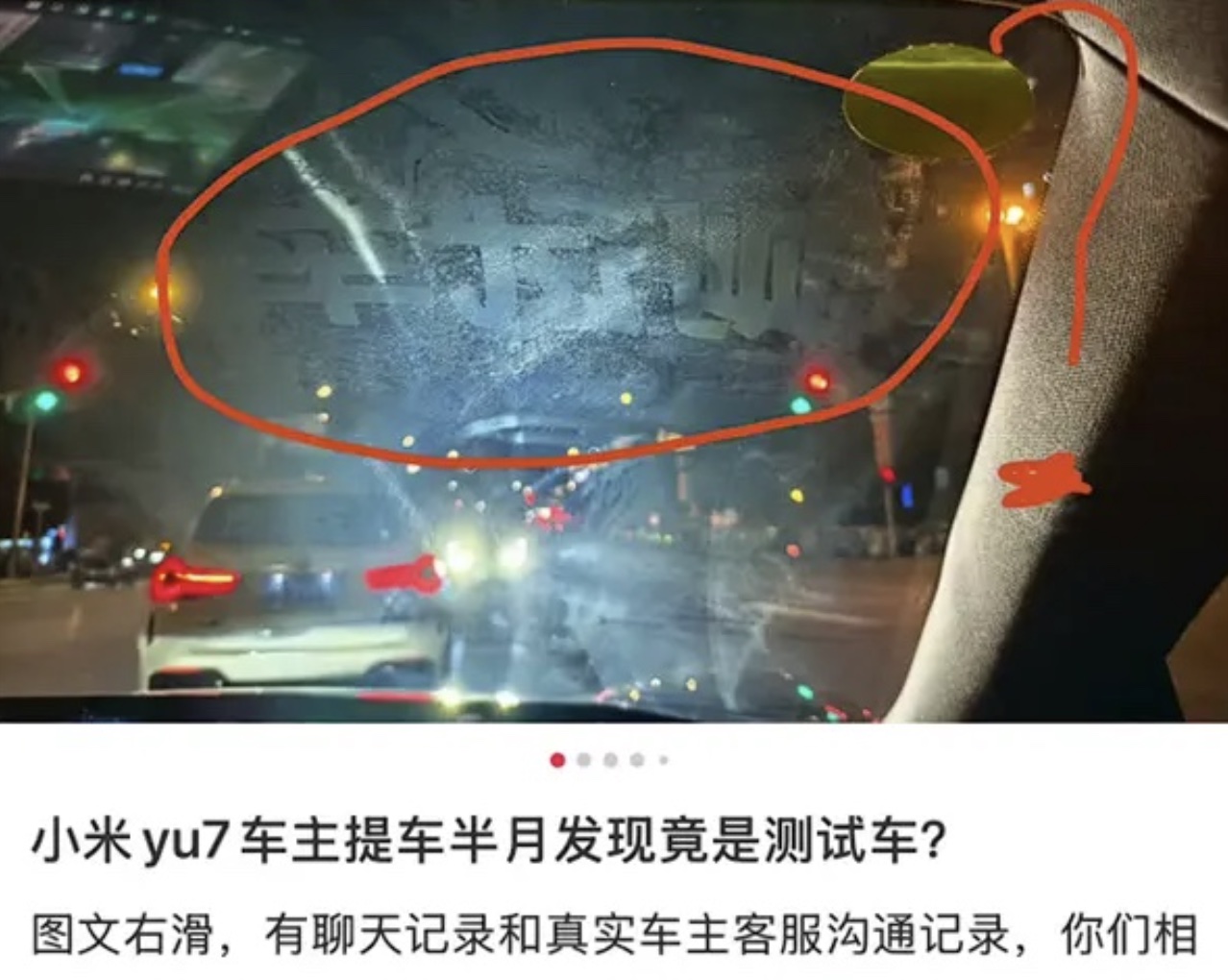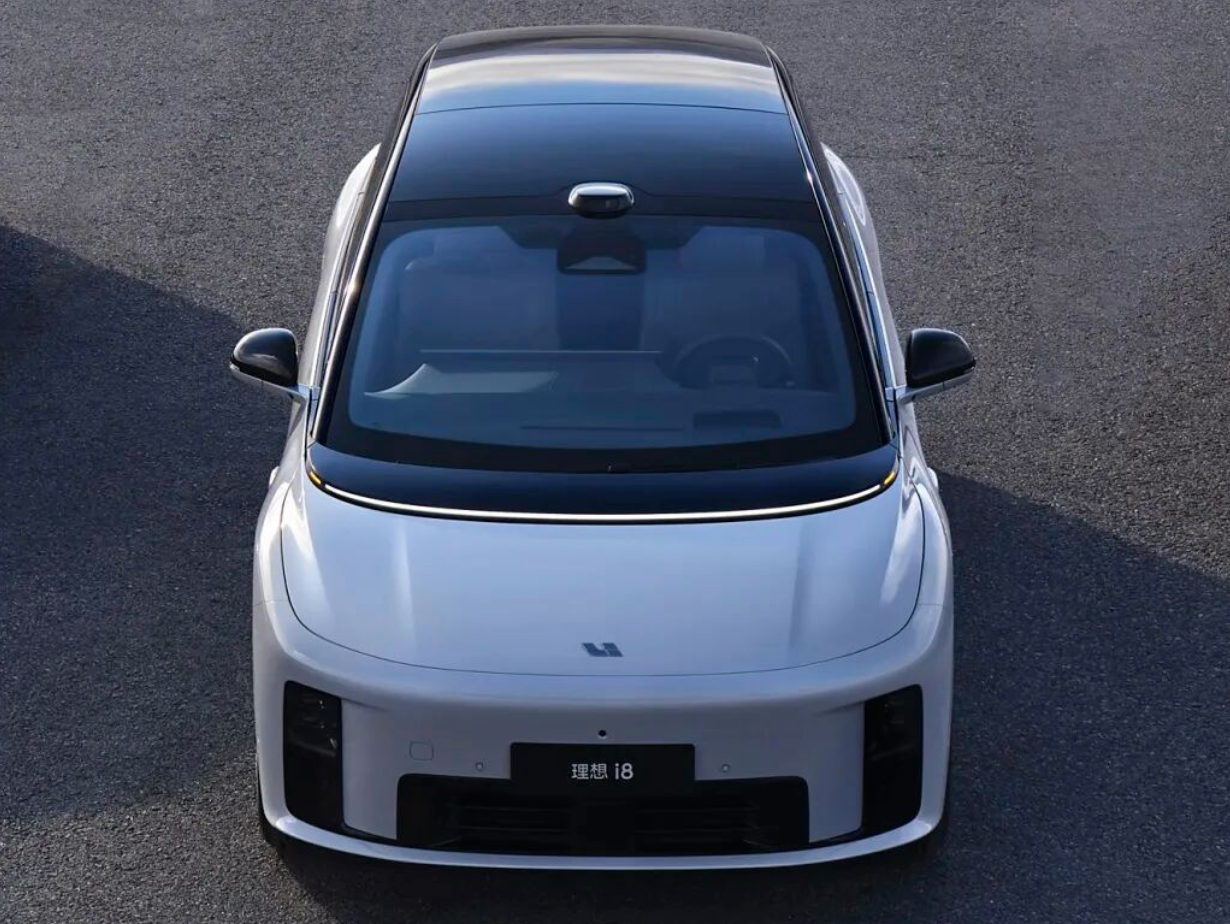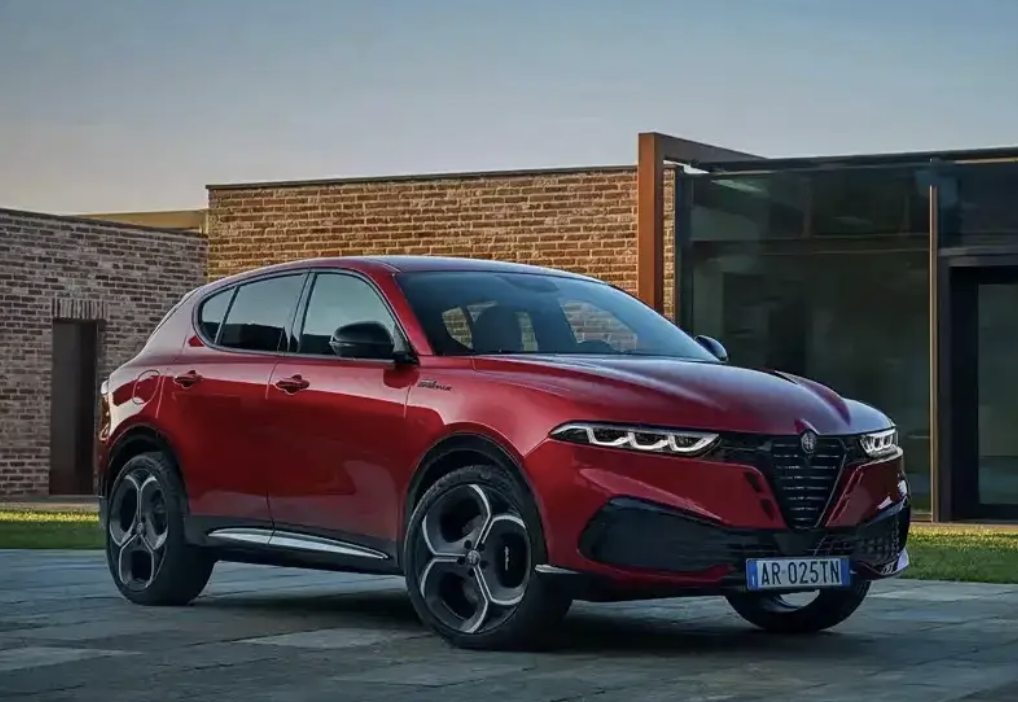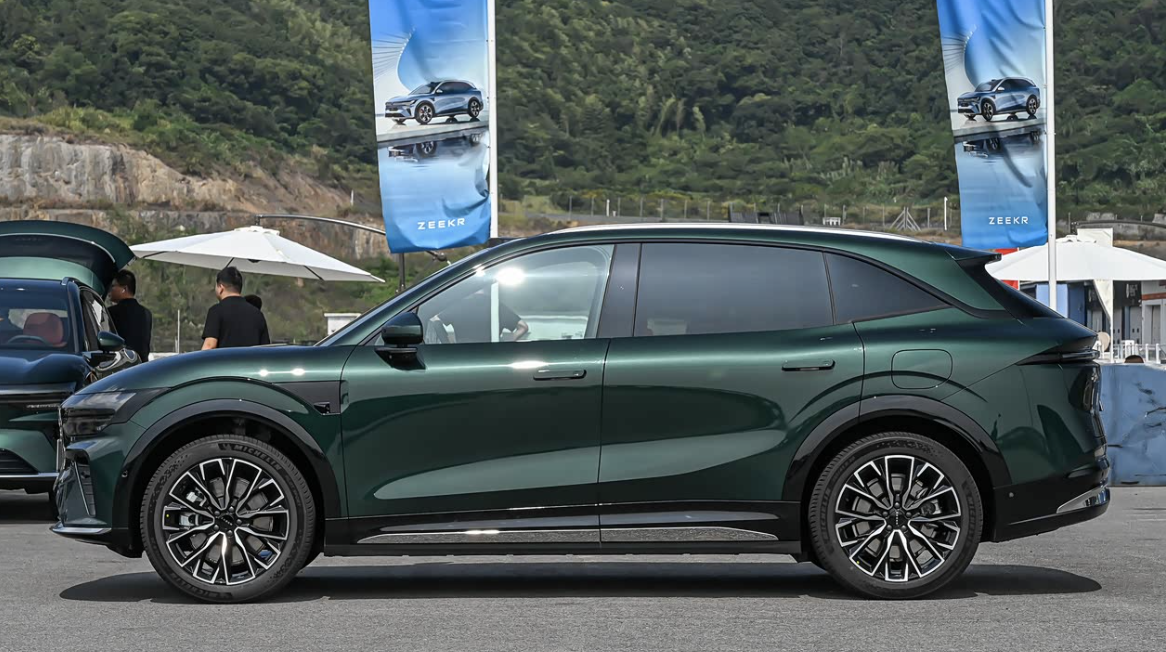Recently, a Xiaomi YU7 owner claimed online that after taking delivery of their new car, they discovered a faint “test vehicle” imprint on the windshield, raising suspicions that the vehicle might have been used as a test car.
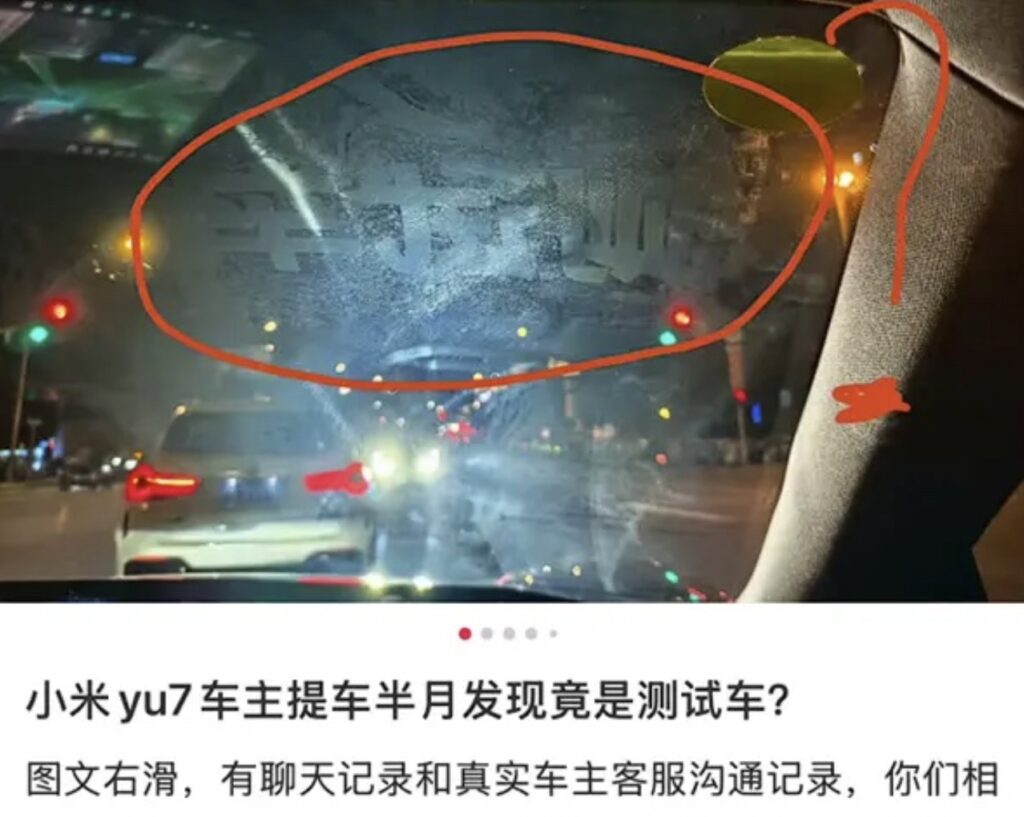
In response, Li Xiaoshuang, Vice President of Xiaomi Auto, and Wang Hua, Head of PR at Xiaomi, both issued statements on Weibo. They explained that, in order to ensure product quality, Xiaomi randomly selects vehicles from the production line for static reviews. These cars are temporarily marked with an electrostatic sticker for easy identification by inspectors. Once the review is complete, the sticker is removed and the vehicle proceeds down the line as usual. They apologized for the confusion this caused the customer, adding that the electrostatic stickers have now been improved to prevent similar issues. Going forward, inspected vehicles will no longer leave behind such marks. They further clarified that the “test vehicle” imprint is simply an invisible residue from the sticker, which can be easily wiped off with a damp cloth.
About the Xiaomi YU7
The incident involves Xiaomi’s second model, the Xiaomi YU7, a pure-electric SUV launched on June 26, 2025. The YU7 is offered in three trims—Standard, Pro, and Max—priced at RMB 253,500, 279,900, and 329,900 respectively. Powertrain options include a single-motor RWD version (235 kW, BYD LFP battery, 835 km CLTC range) and dual-motor AWD versions (365 kW or 508 kW, CATL ternary battery, with 770 km and 760 km CLTC ranges).
Thanks to its competitive pricing and performance, the YU7 quickly became a market hit, even surpassing the hype of the Xiaomi SU7. According to the company, the YU7 secured 200,000 firm orders within three minutes of launch, and 248,000 orders within 18 hours. However, the overwhelming demand has also led to long delivery times. The Xiaomi Auto app currently shows estimated delivery times of 50–53 weeks for the Standard edition, 44–47 weeks for the Pro, and 38–41 weeks for the Max.
Industry Perspective
The executives’ explanation received understanding from many netizens. Some suggested Xiaomi should avoid using “test vehicle” stickers, replacing them with “static review vehicle” labels to reduce confusion. Others said that cars should simply be cleaned thoroughly before delivery to customers.
Industry insiders emphasized that such practices are standard quality control procedures across automakers. A “test vehicle” in this context does not mean a dynamic road test car, but rather a static inspection unit. These cars are placed in an evaluation room where professional inspectors check paintwork, panel gaps, interior fit and finish, and functional elements such as the audio system or digital instrument cluster. This process causes no wear or damage, though the electrostatic stickers used in inspections may sometimes leave temporary marks, which can trigger unnecessary speculation if noticed by new owners.
